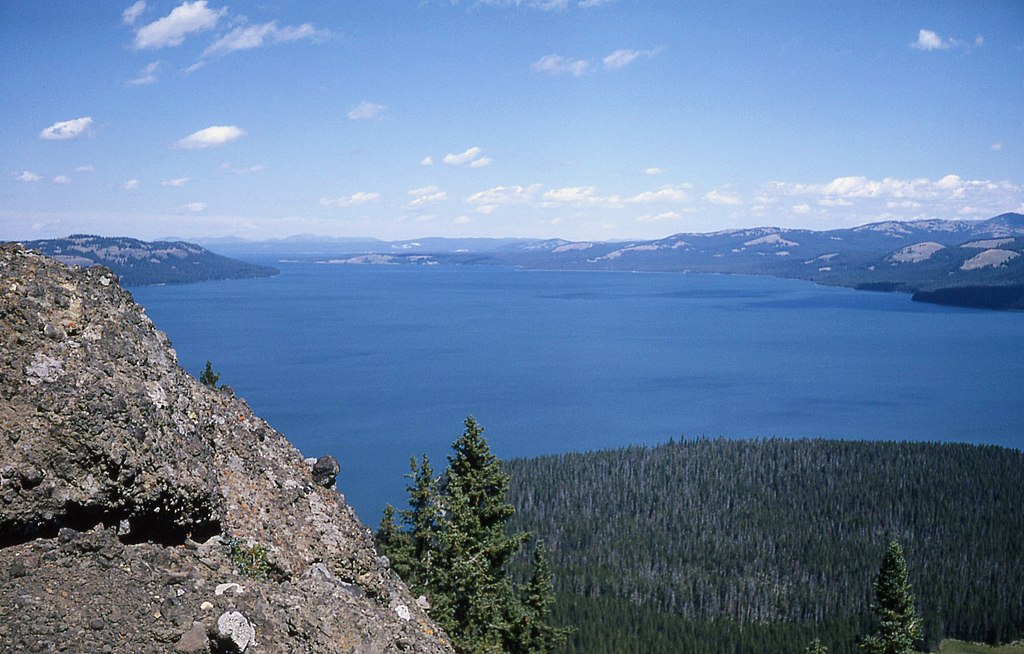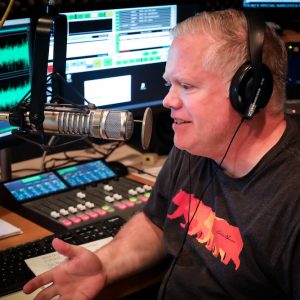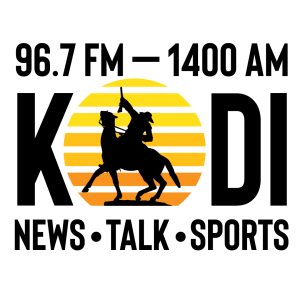Wetter adventures are pricer in Yellowstone, as park officials hope to use water recreation fees to fund the fight against nonnative trout and invasive species.
Yellowstone National Park is implementing higher fees for fishing and boating in 2021. It’s the first significant fee increase for these outdoor recreation opportunities in several years.
Many of the new fees are double or even triple their 2020 costs.
| Yellowstone Fee Schedule | 2020 Fees | 2021 Fees | Last Increase | |
| Fishing | 3-day 7-day Season |
$18 $25 $40 |
$40 $55 $75 |
2012 |
| Boating | Non-motorized 7-day | $5 | $20* | 1993 |
| Non-motorized season | $10 | $30* | ||
| Motorized 7-day | $10 | $40* | ||
| Motorized season | $20 | $60* | ||
| AIS Inspections | Non-motorized | Free | $10 | N/A |
| Motorized | Free | $20 * | ||
* Included in the new fee.
Park officials point out that its been several years since either activity has seen any price increase; fees for fishing haven’t been raised since 2012.
The last fee increase for boating was nearly 30 years ago in 1993, and the number of boats on Yellowstone Lake increased by nearly 10% in 2020.
There are other details and changes associated with both fishing and boating permits.
Fishing permit details:
- The new online system will enable anglers to plan and have their fishing permits before arrival at the park.
- The new fees were determined by taking the average of resident and non-resident fishing permit fees from Wyoming, Montana, and Idaho. The Recreation.gov fee is also included.
Boating permit details:
- Boaters can obtain a permit and aquatic invasive species (AIS) inspection ONLY in-person at various locations in the park. Permits are not available online.
- The new fees are comparable to those of state and other national park permits.
- The permit fee will include an AIS fee for inspections.
The significant increase is simple – all profits go towards Yellowstone water conservation projects, particularly in Yellowstone Lake.
Park officials confirm that revenue from the fee increases will “provide a sustained revenue source that will contribute to continued efforts to reduce nonnative lake trout and increase the park’s aquatic invasive species (AIS) inspection capacity.”
Yellowstone’s efforts to remove nonnative trout and restore Yellowstone cutthroat trout have been enormously successful. Meanwhile, AIS efforts have kept harmful species like zebra mussels out of the water and out of the park.
They are critical and costly endeavors. Estimates put the yearly cost of the park’s trout and AIS projects at nearly $3 million.
Biologists estimate it will take another five years of “sustained effort” to ensure long-term success in Yellowstone. That means another $15 million.
Yellowstone Superintendent Cam Sholly praises the success of the park’s water conservation projects. If these fee increases will ensure Yellowstone’s waters continue to thrive with native plants and animals, it’s a small price to pay.
“We continue to make substantial progress in our native fish restoration efforts in Yellowstone Lake and many other areas of the park. Efforts to restore native fish in Yellowstone Lake remain one of our highest conservation priorities. Our continued success will be largely dependent on a permanent and reliable revenue stream that will not only help us continue our native fish restoration efforts but also increase our capacity to detect and prevent new nonnative species from entering Yellowstone’s waters. We very much appreciate the many partners and supporters, like Trout Unlimited and Yellowstone Forever, who have helped us make substantial progress in this critical area over past years.”










